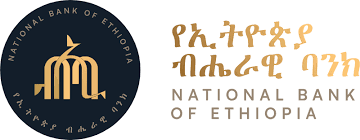The National Bank of Ethiopia (NBE) has ordered the country’s financial institutions to include foreign exchange transactions in daily reports for transparency purposes.
Foreign exchange is the difference between the bank’s buying and selling price of foreign exchange and should not exceed 2% of the printed amount.
Ethiopia’s largest bank is also requiring financial institutions to self-report and disclose their foreign exchange rates and earnings to their clients.
These exchange rates should be reported to the NBE periodically for review and analysis.
- Advertisement -
According to the new regulation, banks will determine the daily spread of foreign exchange, not to exceed 2 per cent, with an average of 11.2 per cent compared to the previous month.
In the past, the central bank stated that all foreign exchange fees and revenues (excluding nominal fees) were included in the spread of the bank’s buying and selling prices. However, regulators reconsidered this approach, requiring banks to separate foreign exchange costs and revenues and report changes to the company’s bank account.
“It is to be recalled that the National Bank previously required that banks include all FX-related fees and commissions (except those charges set in nominal terms) in their trading spreads between the buying and selling rate,” NBE stated.
The decision will take effect immediately tomorrow. The region’s most populous country has been pushing for independence since the start of the year, with the National Economic Bureau declaring the economy a foreign economy in August.
Some of the policy changes announced two months ago include allowing banks to buy and sell foreign currencies at their own negotiated rates and reducing the NBE that must be dealt with.










